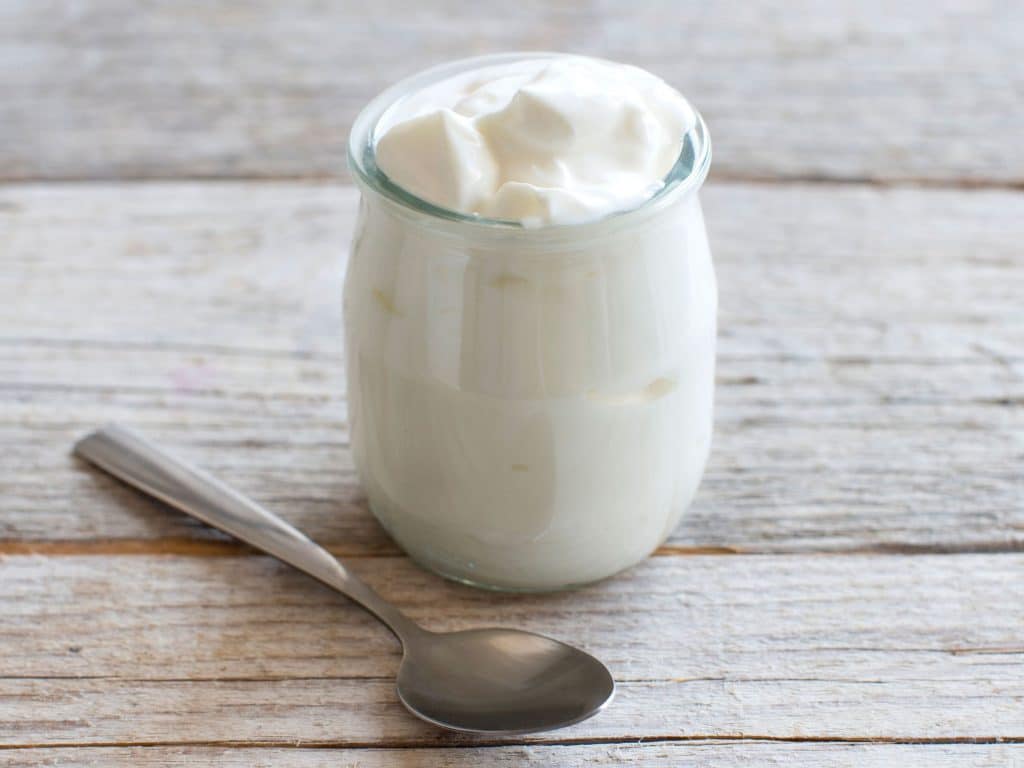There has been so much that has been written as it relates to the benefits of yogurt. It has been proven that yogurt is an excellent source of protein and provides essential nutrients. The nutrients include zinc, calcium, B vitamins, and gut-friendly probiotics. There have also been studies that would suggest that consuming yogurt might assist in improving clinical results in COVID-19 cases.

Besides the health benefits of yogurt, it is also considered one of the most versatile foods. Individuals can have it as a snack, consume it as a drink and make it into a dip. Individuals can even cook with it. All of these factors could have been responsible for the uptake in consumption within the United States in 2020 by seven percent.
However, selecting a yogurt has become a bit more challenging than simply deciding between strawberry and pineapple flavors. Presently, supermarket aisles are overrun by Australian, Icelandic, and Greek styles, nondairy, and other options as well. The following will provide a breakdown of the health differences between the yogurts that are accessible at grocery stores.

Contents
The Health Benefits Of Yogurt
Yogurts that are dairy-based are naturally loaded with protein, and they provide as much as forty-five percent of the calcium required each day. These yogurts are also an excellent source of potassium, which have been proven to assist with easing tension within the blood vessels. Thus, leading to this yogurt aiding in reducing blood pressure.
Due to the fact that it is manufactured using the fermentation process, all yogurts, whether dairy or nondairy, consist of probiotics. These are beneficial bacteria that might assist in maintaining or even restoring the healthy microorganisms found in the digestive tract. They might also play a significant role in the body’s immune response. Maintaining a healthy weight might also be impacted when yogurt is part of the individual’s regular diet. A study discovered that consuming yogurt was linked to reduced body weight. It was also associated with reduced weight gain over time and a smaller circumference around the waist. This was compared to those that did not consume yogurt.
Selecting A Healthy Yogurt
Prior to selecting any type of yogurt, individuals should read the label. Bearing in mind the eight-ounce or one cup serving size recommendation. Even though probiotic labeling could be a bit confusing, individuals could always check for Live & Active Cultures. This is a seal from the International Dairy Foods Association. It signifies that dairy-based yogurts consist of 100 million cultures or even more per gram. The more cultures there are, the better the yogurt. Nondairy yogurts as they are also manufactured using the fermentation process, contain live cultures as well. However, the precise kinds and quantities might differ from yogurts that are dairy-based.
Beyond the aforementioned guidelines, the below information should assist individuals in selecting a healthy option, regardless of preference.

Traditional Yogurt
Traditional yogurts are manufactured by introducing what is referred to as live cultures, or bacteria. This is added to the milk in order for them to convert the sugars, or in this case the lactose into lactic acid. This is one of the reasons that persons that suffer from lactose intolerance could handle yogurt at times. This is unstrained and could be produced from whole milk, two percent milk, or skim milk.
Although fat content is seen as a personal preference, researchers have discovered that while milk dairy might enhance satiety. What is more, is that it is also connected to reduced obesity rates. Also, a review that was published in September 2019 discovered that full-fat dairy products, especially yogurt, do not impact insulin sensitivity in a negative way. Neither does it negatively impact blood pressure or blood lipid profiles. It might even safeguard against developing cardiovascular diseases and type II diabetes.
Greek Yogurt
This yogurt is manufactured by straining the traditional kind in order to remove the whey. This makes it thicker and some of the nutrients become concentrated. Greek yogurt normally has double the amount of protein when compared to regular yogurt. It also strains most of the lactose out of milk from cows. This leaves a creamy, thick texture remaining which is easier to digest than several other kinds. Greek yogurt is typically manufactured using whole milk, however, individuals could also find nonfat and two percent varieties.

Icelandic Yogurt
Icelandic yogurt is also referred to as skyr. It is a traditional fermented dairy product from Iceland which overlaps the line between yogurt and cheese. Icelandic yogurt is strained even more than Greek yogurt, making it much thicker and even more protein-packed as well. Traditionally, Icelandic yogurt is manufactured using skim milk or at times sugar. The taste has been described as milder than Greek yogurt, plus skyr has naturally reduced lactose and sugar levels. This kind of yogurt can be found under such brands as Icelandic Provisions, Smari, and Siggi’s.
Australian Yogurt
Australian yogurt is unstrained and has a tendency to be very creamy; however, it is not rich and thick, like a high protein dessert. This yogurt is produced with cream and skim milk; at times it can also be manufactured with whole milk. It is also cooked longer and slower than other forms of yogurt. It is said that the mild taste and smooth texture are a result of the slow culturing process. Due to the fact that these yogurts have a tendency to be sweeter and offer reduced amounts of protein. They are considered healthier options for dessert.

French Yogurt
French yogurt is produced using a method referred to as pot set. In this technique, the whole milk and live cultures are mixed together in separate pots and left to ferment for as much as eight hours. This is not a strained product; therefore, it retains a level of sweetness; however, it is thicker than several unstrained kinds, for example, the Australian variety. The pots for French yogurt have a tendency to be smaller than most varieties, therefore it could have an advantage of built-in portion control.
Nondairy Yogurt
Vegan yogurt might sound as if it is healthy. However, the nutritional profile of such yogurts could differ vastly depending on what they are produced from. A study conducted in February 2021 discovered that out of six varieties of plant-based yogurts. Including those produced from hemp, almond, cashew, coconut, and soy, none had the protein content that could compare to dairy. Similarly, plant-based yogurts had a tendency to vary greatly in micronutrients such as vitamin D and calcium. Due to this they often have to be fortified with these micronutrients. This leads to a product that is more processed, that contains added sugars, thickeners, and flavors.


